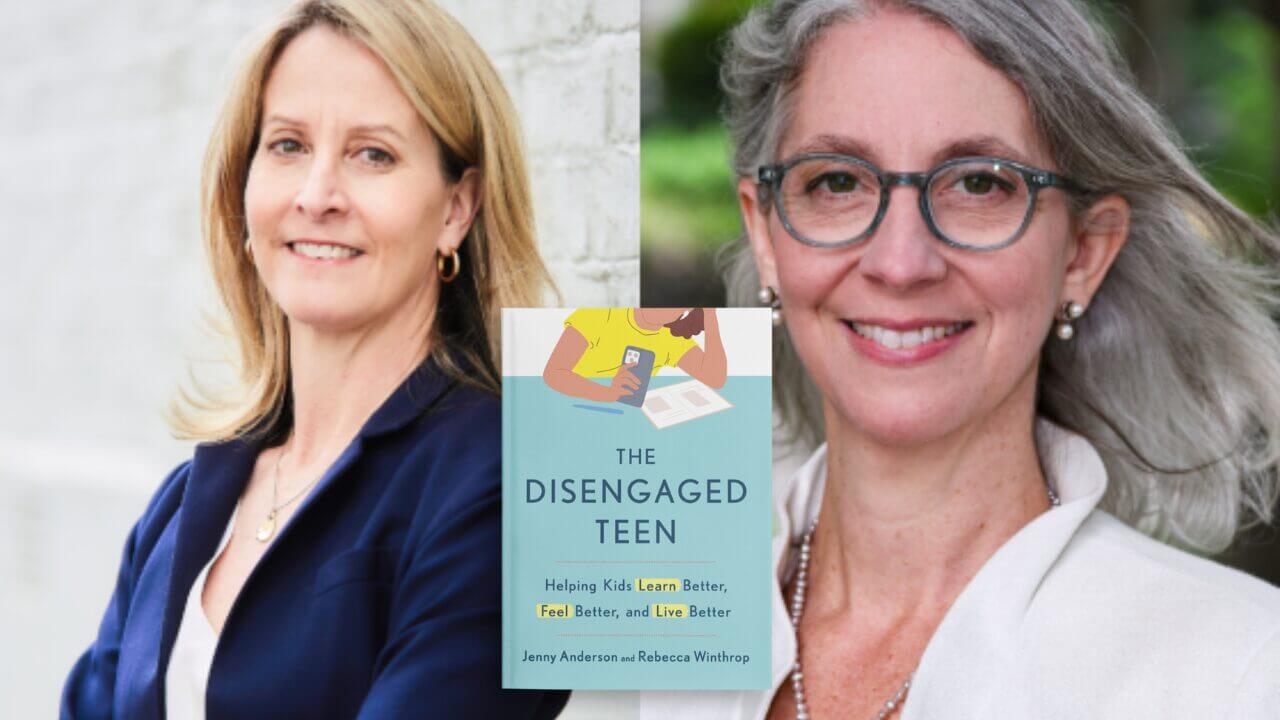Texas District Tests New R&D Model With Novice Teachers
September 16, 2014
What if school districts could speed up and slow down research at the same time? The 86,000-student Austin, Texas, district is part of an unusual research partnership intended to solve school-level problems quickly, while also helping school leaders and policymakers step back and take the time to study how day-to-day issues fit in a larger system. In the first major test of “improvement science” for K-12 education, Austin schools have overhauled the way they support and improve teachers in their first, most challenging years of instruction. They have used a cycle of deep data collection; tailored intervention development; short, narrowly focused testing; and adjustment. The cycle, developed by the Stanford, Calif.-based Carnegie Foundation for the Advancement of Teaching, is garnering interest as a way for districts and researchers to partner on work with an immediate impact in the classroom.
“A lot of us hold assumptions about what works, but articulating them so they can be tested is critical,” said Sandra Park, a senior associate for improvement science and the director of the Building Teacher Effectiveness Network initiative at the Carnegie Foundation. The article is in Education Week.





